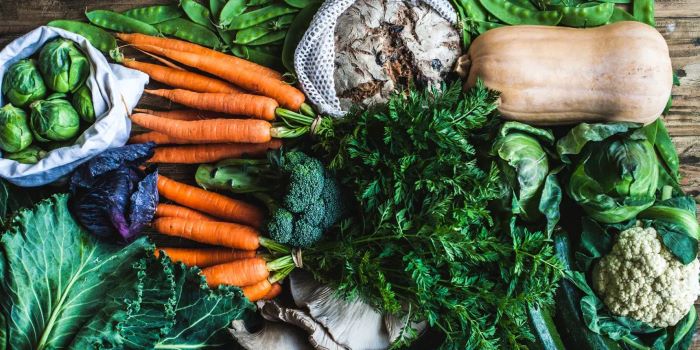(3 Minutes Read)
The Botswana government has reversed its contentious ban on vegetable imports, which had been enforced for several months. This move represents a significant shift for the nation’s agricultural sector, as the government aims to support local farming and tackle urgent food security issues.
The ban, initially introduced to promote local vegetable production and decrease dependence on imports, led to unintended outcomes, worsening food shortages and increasing vegetable prices. Although the policy sought to strengthen domestic agriculture, it left local markets unable to satisfy the rising demand for fresh produce. Botswana’s dependence on neighbouring countries, especially South Africa, for a range of vegetables became apparent as local farmers struggled to keep up with the demand. Consequently, the government’s decision to lift the ban is aimed at stabilising the supply chain, while continuing efforts to support local farming.
This policy reversal is a timely response to the growing food insecurity faced by many households in Botswana. Over the past months, residents, especially those in urban areas, have experienced inflated food prices, with some vegetables becoming scarce and unaffordable. The government hopes that reopening the import market will alleviate pressure on consumers by ensuring a consistent supply of vegetables at competitive prices.
The lifting of the ban does not signal a retreat from Botswana’s long-term agricultural goals. The government continues to focus on enhancing local farming practices, increasing agricultural output, and encouraging investment in the sector. However, the immediate relief from lifting the ban is expected to reduce market volatility, benefiting both consumers and farmers who were caught in the middle of supply shortages and soaring prices. The decision also signals a renewed focus on strengthening trade relations with regional partners, especially South Africa, which is a key supplier of vegetables to Botswana. By facilitating smoother imports, Botswana aims to create a more resilient supply chain and foster better economic cooperation within the Southern African region.
Read Also:
https://trendsnafrica.com/ban-on-import-of-citrus-fruits-into-botswana-temporary/
The local farmers may face increased competition, the policy shift is designed to create a more sustainable agricultural environment, where both local production and regional trade can co-exist harmoniously. As the government works to stabilise the agricultural sector, lifting the ban offers a pragmatic solution to immediate food security challenges while laying the groundwork for long-term agricultural development.





